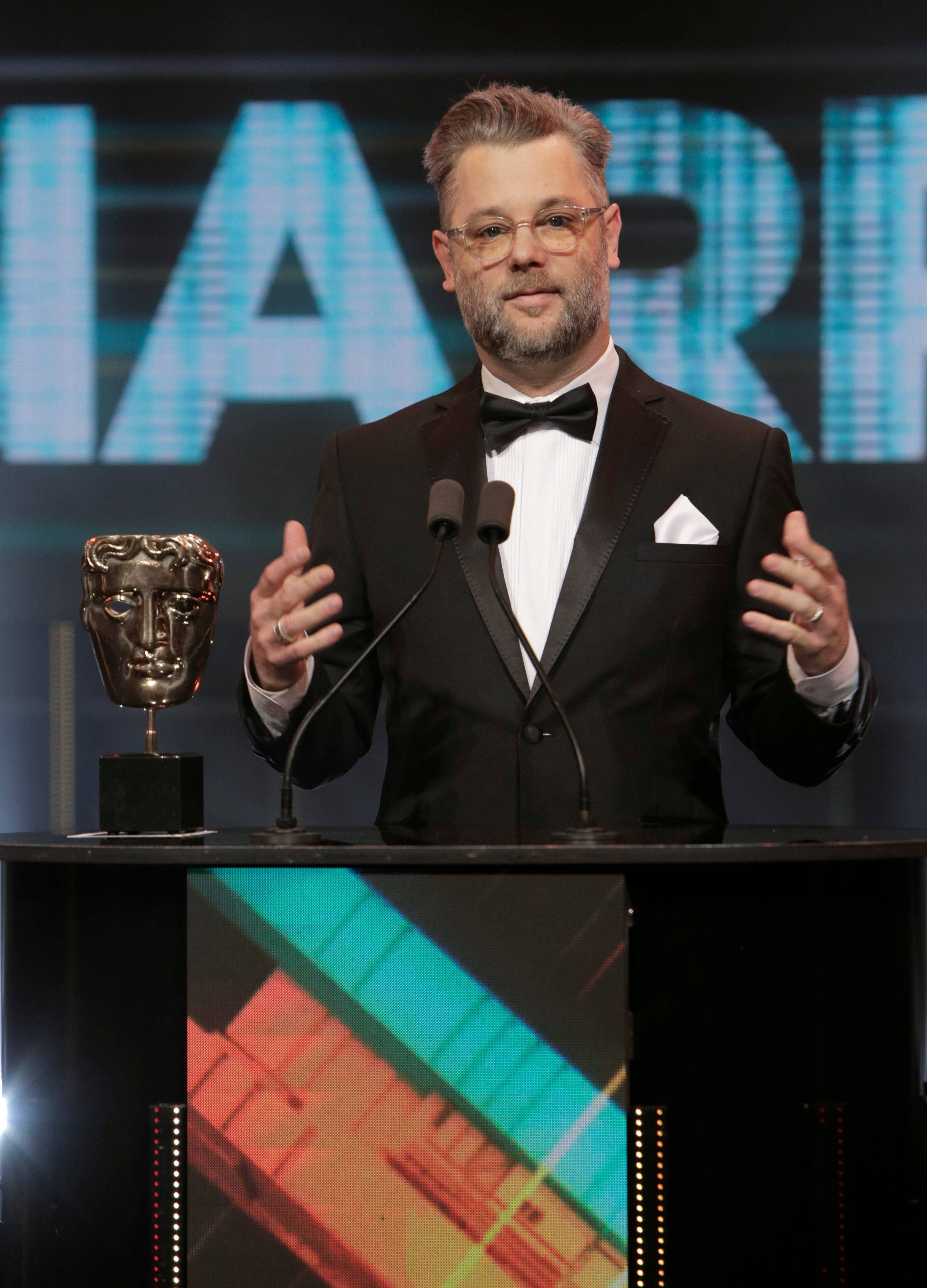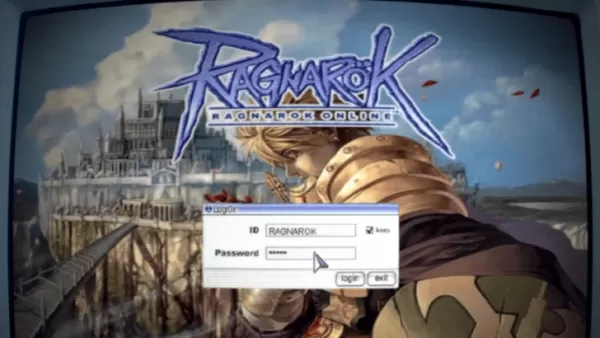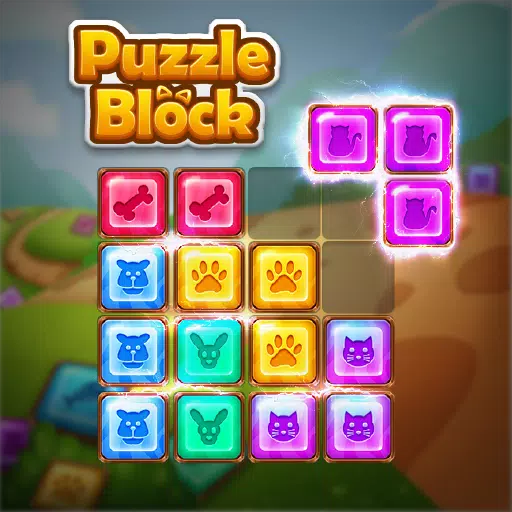At the DICE Summit in Las Vegas, Naughty Dog's Neil Druckmann and Sony Santa Monica's Cory Barlog discussed the pervasive theme of doubt in game development. Their hour-long conversation covered personal insecurities, identifying successful ideas, and approaching sequels.
Druckmann surprisingly revealed he doesn't plan sequels beforehand. He focuses intensely on the current project, treating each game as potentially his last. Any sequel ideas are organically integrated, rather than pre-planned. He uses past work to identify unresolved elements and potential character arcs, even suggesting that if a character's journey feels complete, the story might conclude with their death. He cited the Uncharted series as an example, emphasizing the iterative nature of character development across multiple titles. This approach contrasts sharply with Barlog's meticulous, long-term planning, often connecting current projects to ideas conceived a decade prior. While Barlog finds this approach creatively fulfilling, he acknowledges its immense stress and the challenges of coordinating numerous individuals and shifting perspectives across multiple projects. Druckmann, conversely, prioritizes present focus, lacking the confidence to commit to such extensive long-term planning.

The discussion also touched upon the personal toll of game development. Druckmann shared an anecdote about Pedro Pascal, highlighting the profound passion that fuels their work despite the immense pressure, negativity, and even death threats. He emphasized the joy of creating games and working with talented individuals as the primary motivation. This led to a discussion about the point at which the relentless drive to create becomes excessive. Barlog candidly described the insatiable nature of this creative compulsion, likening it to a relentless internal demon that pushes for constant creation, even after achieving significant success. He described the feeling of reaching a creative summit only to find another, taller mountain looming ahead.

Druckmann offered a more tempered perspective, suggesting that his eventual departure from intensive day-to-day involvement would create opportunities for others to flourish. He envisions a gradual transition, allowing him to eventually step back and create space for new talent. Barlog, playfully responding to Druckmann's measured approach, jokingly declared his intention to retire.















